Shadows on the Rainbow: Not including the spectrum in GLBTQ YA
So Karen was emailing me this morning about Malinda Lo (oh, I love her and her tweets and blogs and books) and her blog about David Levithan’s new cover. If you haven’t seen it yet, click here. And Karen’s all, I didn’t know there was a male privilege effect in GLBTQ books. And I’m like *head smack* it’s EVERYWHERE. Duh.
We like to think that the GLBTQI world would be inclusive of everyone. In our world in general, and especially in publishing specifically, that’s rarely the case. Those with the bigger names and those whose works will fit broader target audiences and thus make more money will get published, even though they may not have the best quality. There are stories out there that need to be told that aren’t reaching our youth- stories of color, stories of trans, stories of queer. We have imprints that are picking up stories, but new GLBTQ authors are finding massive hurdles in their way, and only a few make it to big imprints. Those that do worry that the next book might be their last. Authors who have a huge backing like Levithan are rare in the GLBTQ world, and there need to be more.
And the fact that publishers and bookstores and even libraries can just put GAY or GAY AND LESBIAN on the entire section and feel happy that they’ve done their job means that there needs to be more education within the entire system. GAY does not cover everyone within the Rainbow- far from it- and by slapping on labels you’re actually doing a huge disservice to those in and out.
Even the award winners for youth do not cover the spectrum.
The GLBT-RT roundtable of the American Library Association puts out the Mike Morgan and Larry Romans Children’s and Young Adult Literature Award (Stonewall Youth Awards) yearly, and has since 2010.
- 2013: Aristotle and Dante Discover the Secrets of the Universe (gay)
- 2012: Putting Makeup on the Fat Boy (gay)
- 2011: Almost Perfect (trans)
- 2010: The Vast Fields of Ordinary (gay)
Lambda Literary has been crowning winners for children’s/ young adult category since 1993: winners from 2002-2011:
- 2011: Putting Makeup on the Fat Boy (gay)
- 2010: Wildthorn (lesbian)
- 2009: Sprout (gay)
- 2008: Out of the Pocket (gay)
- 2007: Hero (gay)
- 2006: Tie: Full Spectrum (GLBTQ) & Between Mom and Jo (lesbian)
- 2005: Swimming in the Monsoon Sea (gay)
- 2004: So Hard to Say (gay)
- 2003: Boy Meets Boy (gay)
- 2002: Letters in the Attic (lesbian)
- 2001: Finding H. F. (lesbian & gay)
- 2000: Out of the Ordinary (gay, lesbian, trans)
- 1999: Hard Love (lesbian)
- 1998: Telling Tales out of School (gay, lesbian, bisexual)
- 1997: The House You Pass on the Way (lesbian)
- 1996: Good Moon Rising (lesbian)
- 1995: From the Notebooks of Melanin Sun (lesbian)
- 1994: Am I Blue? (gay, lesbian)
- 1993: The Cat Came Back (lesbian)
Out of 20 titles, only two deal with transsexual issues, and one is an informative anthology. Only the two anthologies deal with bisexual issues. The most recent titles (2007-2012), save for Wildthorn, were all written by males. These are disturbing trends- we always say we need diversity, we need to reflect our teens in what they’re reading because they need to find themselves…. Are they finding themselves in GLBTQI literature for teens?
Without even addressing the issues of self-censoring or community hurdles of getting books like these onto the shelves, are publishers getting the books out there for booksellers and libraries to purchase? I don’t think so.
ADVERTISEMENT
ADVERTISEMENT
Karen’s note: What I said was, “I had never thought about there being a white, male privilege in GLBTQ lit.”
More on Sex and Sexuality at TLT:
Filed under: Diversity, GLBTQ, Malinda Lo, Uncategorized
About Karen Jensen, MLS
Karen Jensen has been a Teen Services Librarian for almost 30 years. She created TLT in 2011 and is the co-editor of The Whole Library Handbook: Teen Services with Heather Booth (ALA Editions, 2014).
ADVERTISEMENT
ADVERTISEMENT
SLJ Blog Network
Name That LEGO Book Cover! (#53)
Cover Reveal and Q&A: The One and Only Googoosh with Azadeh Westergaard
Exclusive: Vol. 2 of The Weirn Books Is Coming in October | News
Fighting Public School Book Bans with the Civil Rights Act
ADVERTISEMENT




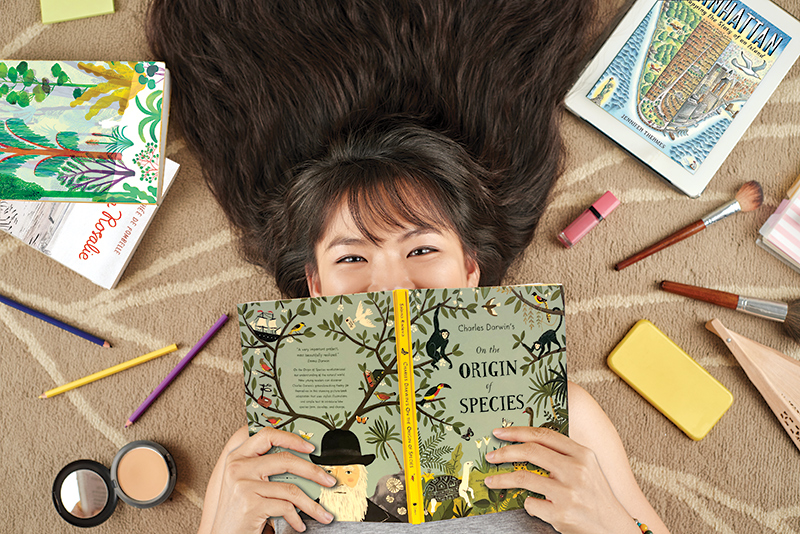
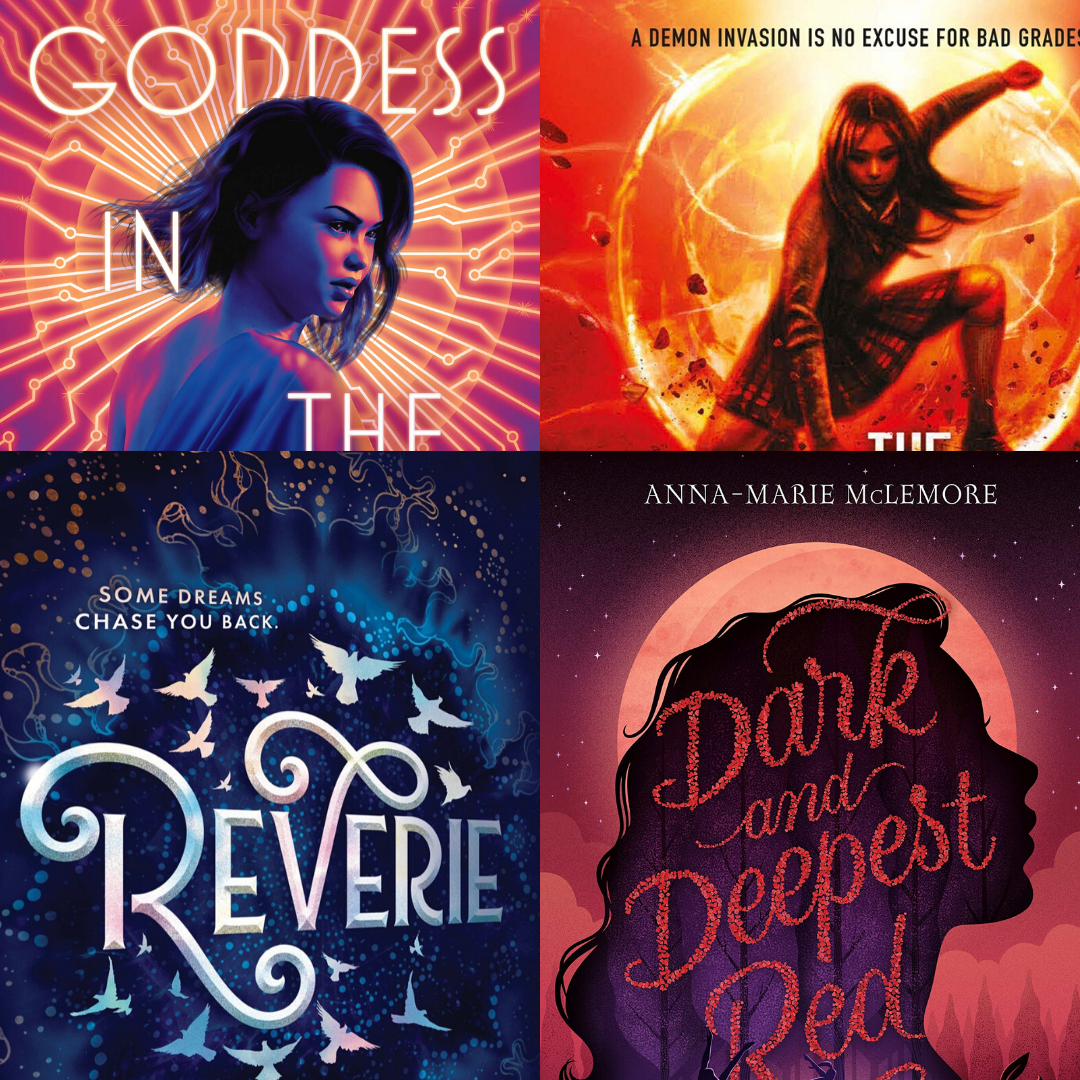
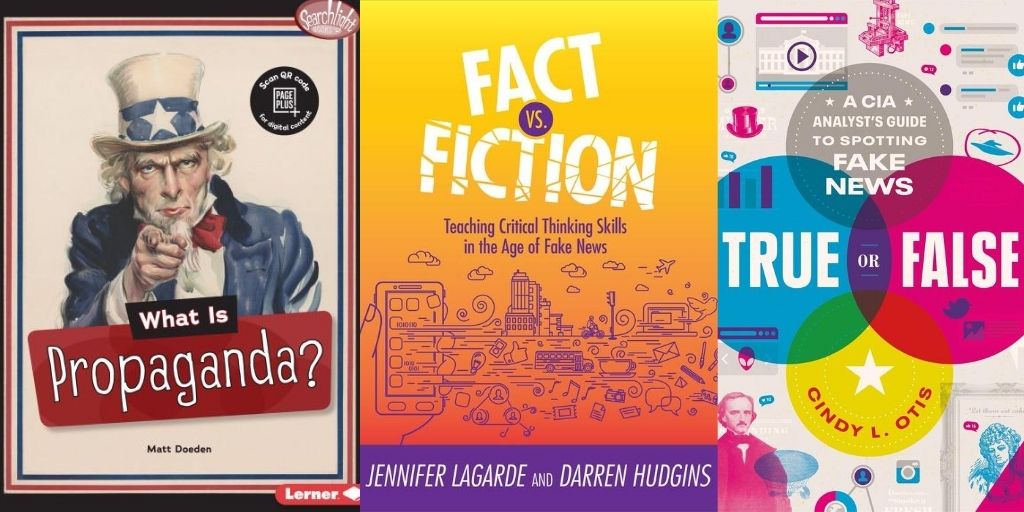
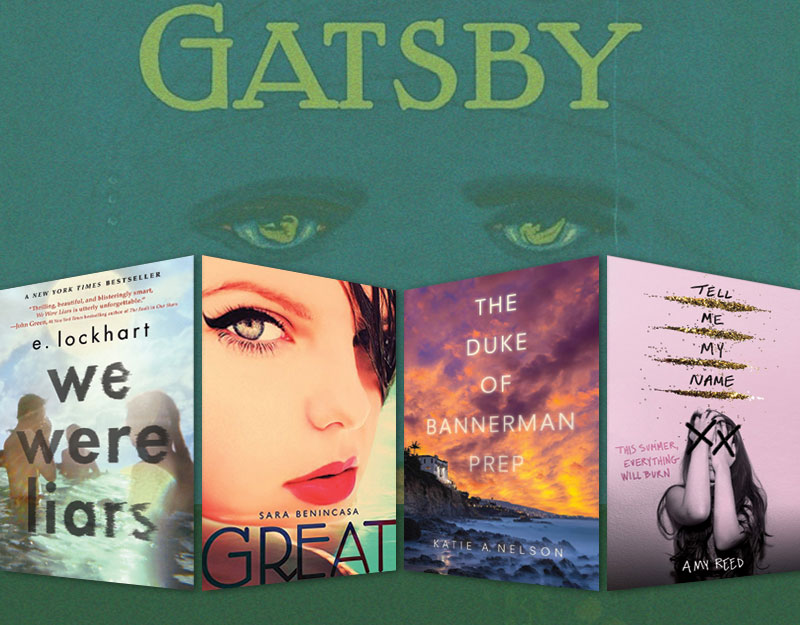
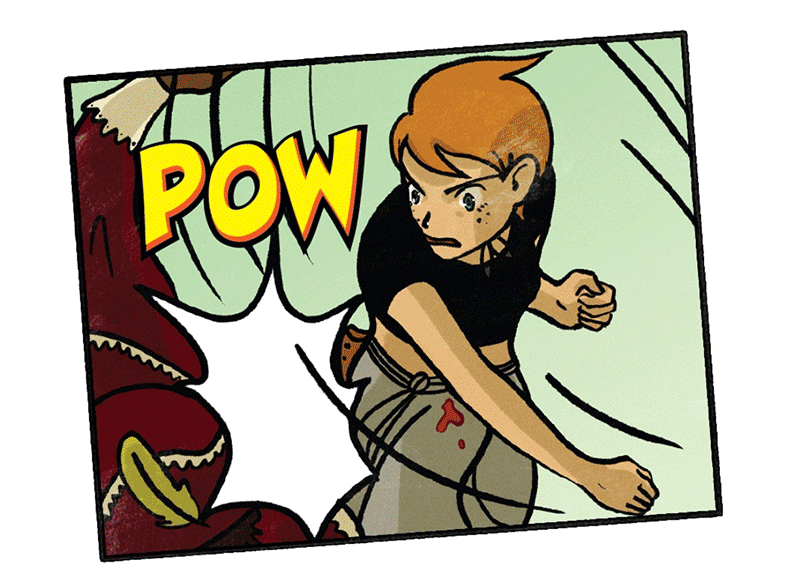
I hate to look like the idiot but what do Q and I stand for? And even more, I hate to sound like a bigger idiot, if Q is for queer, what is the point of the G and the L?
Good gracious. Commence pointing and laughing now.
Not an idiot, thanks for asking! If you don't know, how could you know!
Most know G and L (gay and lesbian). Gay can also be a blanket term for anyone who is with a same-sex partner, no matter if it's boy-boy or girl-girl.
B is bisexual which is exactly what you think- can go either way with both gender/sex/identity.
T can be for transgender or transsexual. Transgender is an all encompassing term used to describe anyone who thinks of themselves as other from their birth sex (including but not limited to transsexuals, drag queens, crossdressers, genderqueers, two spirits, etc.) A lot of trans people feel they don't fit in the standard binary that most of the world gives them, but outside it. Transsexual are those who have worked to adapt their bodies and personas to who they feel they truly are, not what they were biologically assigned at birth.
Q stands for Queer and for Questioning. Queer is another umbrella term, it can stand for everyone within the Rainbow, as well as those that don't think they fit within any of the G, L B or T standards. Originally a hugely negative word, many of the current Rainbow youth are taking it up and refusing to categorize themselves as anything but queer. Basically, they're saying it's not of your business what I am, I'm queer, and that's all you need to know. They also use queer to distance themselves from being labeled as 'gay' or 'straight' when they're just not sure where they fit on the spectrum. However, there is still a stigma attached to queer, especially within the older GLBTQ community, so it's usage can be varied.
Q can also be questioning, where someone knows that they are not 'straight' but they're not sure where they might fit in.
There are some really good definitions here: http://internationalspectrum.umich.edu/life/definitions
that might help as well, they go into cisgender and gender expression as well.
🙂 christie
There's also some really great info at GLSEN (www.glsen.org). I've taken their Safe Space training and it was REALLY informative and eye-opening.